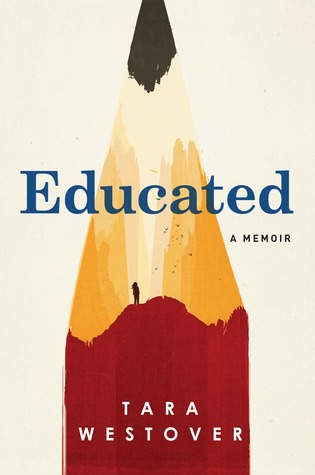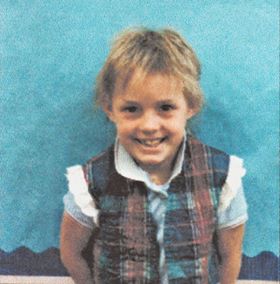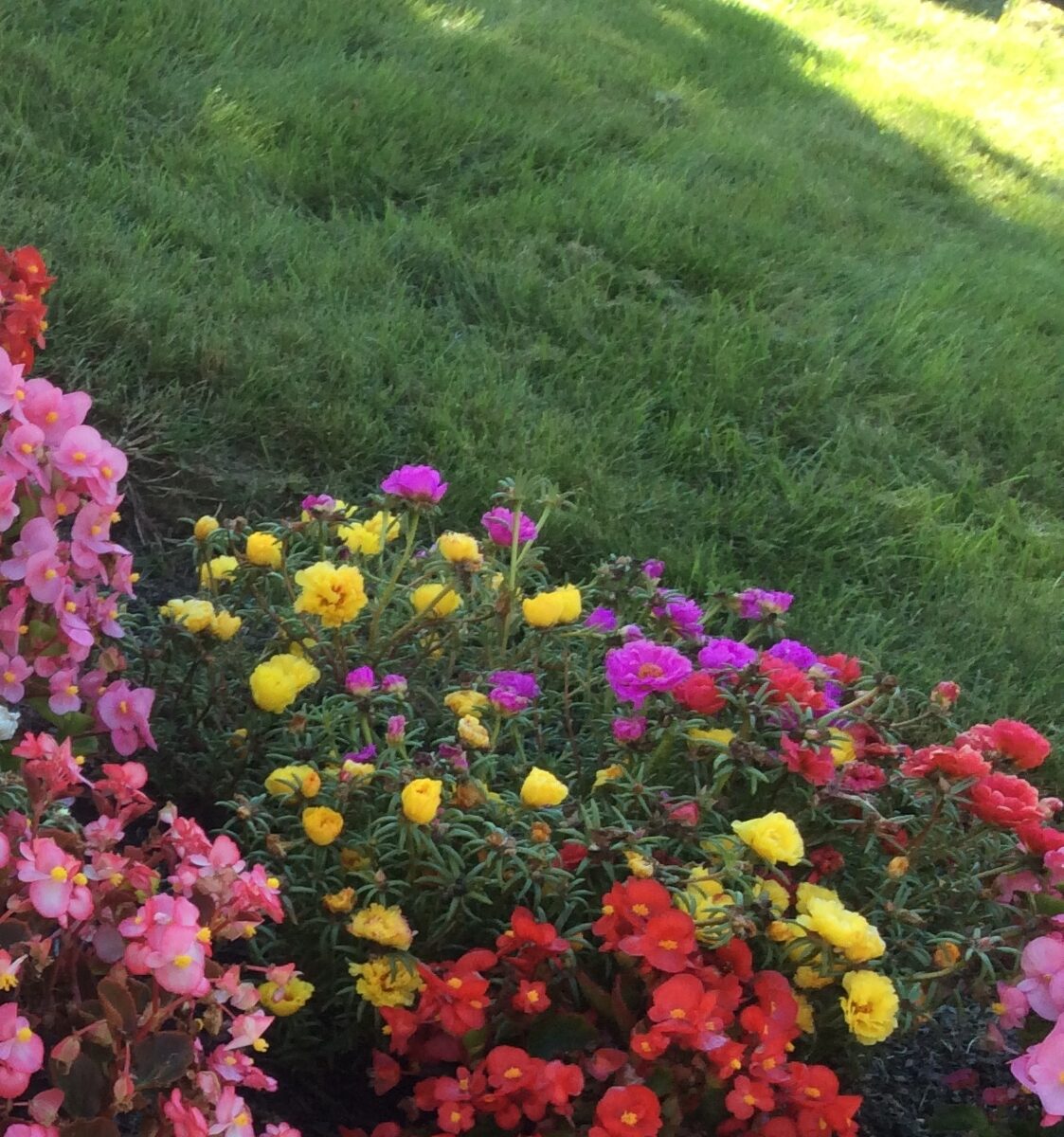So much of my growth and healing has been part of the process of learning about myself.
As a child, my life and choices were controlled. Fear and circumstance were used to keep me from wearing clothes that fit, from feeling safe or secure anywhere, and from making even the simplest decisions for myself. When I was able to leave and control my environment, I was ill-suited to make good decisions. I remember watching a movie in a theater and someone in the film asked “how do you like your eggs?”
It was an epiphany moment for me because I could not answer the question. I decided that I needed to learn more about what I liked: food, clothing, hair, and any number of other desires I had never been allowed to choose needed to be something I explored and began making with intention.
I went wild with clothing, cut my hair short (I hated it), and began to cook foods in different ways to determine what I actually liked. As it turns out, poached eggs are my preference, followed by soft boiled.
There are many tools that have helped me to learn about myself and begin to honor who I am and what I want.
For those of us with remembered trauma, the ACES quiz can help you understand your experience and maintain awareness of adverse effects from our experiences. Once you have your score, this article can help you understand the study behind it, and how the results can inform your future. Did you know that people with scores above 4 are more likely to suffer from lung disease? Healthcare providers should know your score and keep an eye on issues that could be affected by your experiences.
The Myers-Briggs personality type identifier first taught me that there are types. The 16 unique combinations of Introvert/Extrovert, Sensing/iNtuiting, Thinking/Feeling, and Judging/Perceiving are guides to teach us about how we take in information, and how we process it. It helps to learn that each of your type letters can be understood as being on a scale: It’s not E or I, but where on that spectrum you primarily function. It’s also important to realize that we are not always functioning at our best. Our inferior functions (the opposite of our primary functioning) helps us understand how we are likely to react in stressful or traumatic situations.
The Five Love Languages quizzes have helped me to understand how I try to show love to others, how I want to receive love, and how others do the same. The results also helped me to understand the disconnect I have experienced in some past relationships that failed, and what characteristics might be more compatible with future partners. There are quizzes you can help your children take, too. Those results gave us all a framework for discussing what we each want and need, and how to best show each other how much we care. I love hugs, but one of my children really prefers words of affirmation to physical touch. This knowledge has helped our family grow in understanding and grace for one another.
The revelation in the movie theater started me on a path of self-discovery I still walk today. I learned to give myself permission to let go of clothing, food, behaviors, and other choices I did not like. I also learned to advocate for myself in situations where I was not getting what I wanted. It was OK to ask a waitress to correct something if I didn’t like what was served. It is actually important to tell others, with words, if they are doing something I don’t like. I have learned to be firm while continuing to display compassion for myself and others through my self-affirming words. I have also learned that it is kinder to be honest, even if it might change outcomes or cause others to have feelings.
“I don’t want to eat this.”
“I don’t like the way I look in this.”
“I want something warmer” “…softer,” “…cleaner.”
These changes have given me the confidence I lacked as a child. These insights have led me to deeper relationships with those I love and helped me to heal some of the trauma I will always carry.
What do you do to learn about yourself? What moments have left you with a new perspective on yourself or others? Comment below and let me know.




